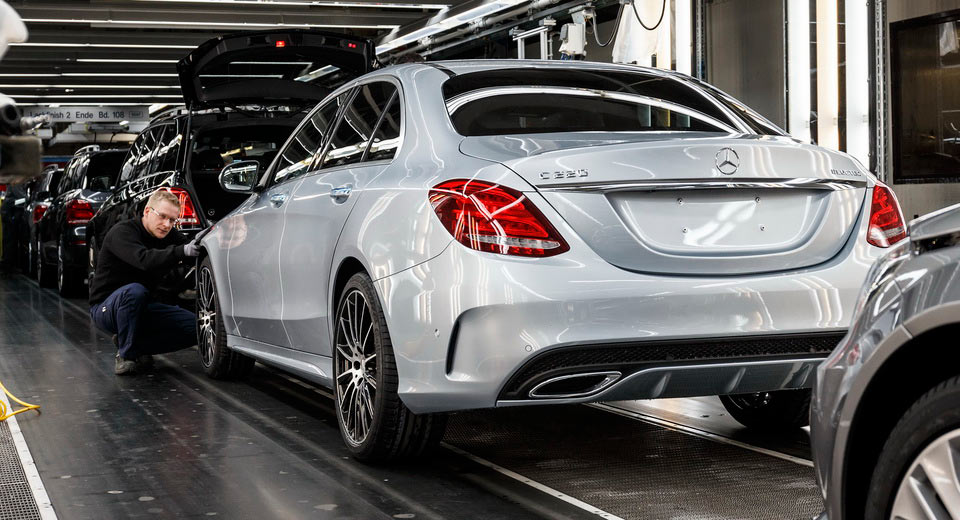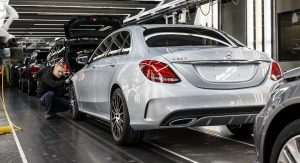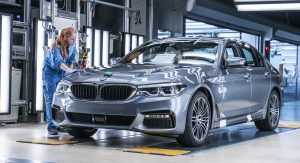Luxury automakers such as Mercedes, BMW and Audi are dealing with new issues behind-the-scenes as buyers are rapidly shifting their attention from 4-door sedans to crossovers.
Because the previously mentioned automakers rely more on leasing than most mainstream brands, the significant number of vehicles being returned after their lease expired is will lead to inventory problems.
This could explain why BMW made leasing less attractive in recent months, through a series of measures such as discontinuing their popular Multiple Security Deposit (MSD) program, which allowed consumers to significantly reduce interest rates by essentially lending money to the automaker, and placing more realistic residual values.
On the other hand, Volvo and Jaguar seem to be willing to pick up those sedan consumers looking for lease deals by heavily incentivizing their cars through special discounts and bonuses. The Swedes even rolled out a program that pays off lease payments for up to 6 months and $4,500 if you currently lease any Audi, BMW, Jaguar, Infiniti, Lexus and Mercedes-Benz model when you get a new S90.
“It’s not necessarily the overwhelming amount of vehicles, it’s the mix of those flood of vehicles,” said Scott Keogh, president of Audi of America. “You’re throwing all these cars into the marketplace a couple years after it has evaporated and jumped into SUVs.”
Demand surged last month for models like the Audi Q5, Mercedes GLE and Lexus GX, while going down for sedans like the Mercedes S-Class, Audi A4 and Lexus GS, reports Autonews. Through September of this year, SUVs and crossovers have surged to 56% of luxury sales, compared to just 42% three years ago.
This surplus of luxury coupes, sedans and wagons coming back after their lease has expired means that automakers will struggle to move the cars in the used-car market. So unless demand stabilizes, this unstable supply and demand situation will eventually impact both the pre-owned market as well as the new-car market.






